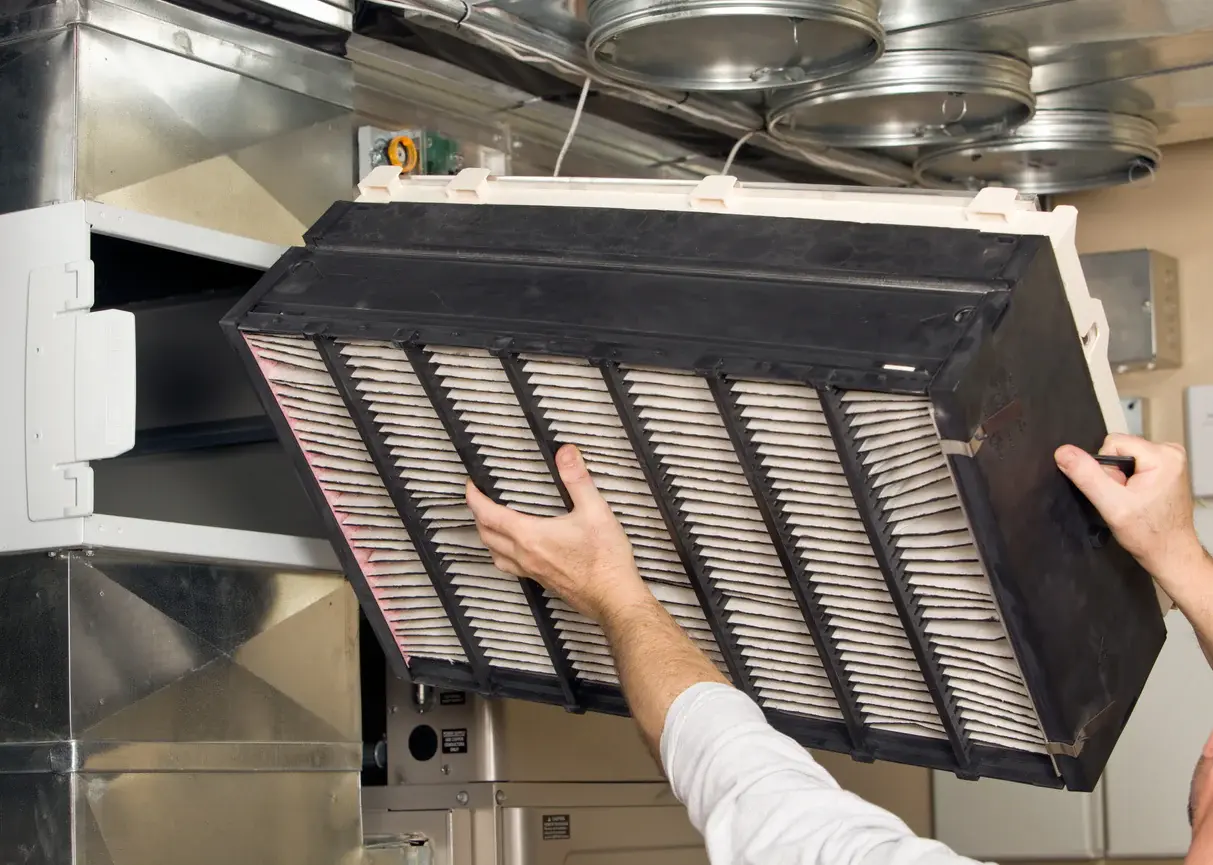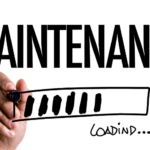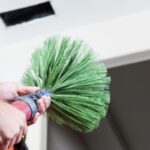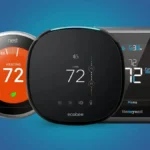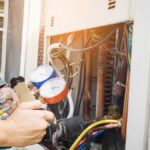Indoor air quality plays a crucial role in maintaining a healthy living environment. Whether in homes or businesses, poor air quality can lead to respiratory issues, allergies, and other health concerns. With the increasing awareness of the importance of clean air, many are turning to air purifiers as a solution. While standalone units are common, integrating an air purifier directly into your HVAC air filtration system offers comprehensive benefits by ensuring that the air circulating throughout your entire space is clean and free of pollutants.
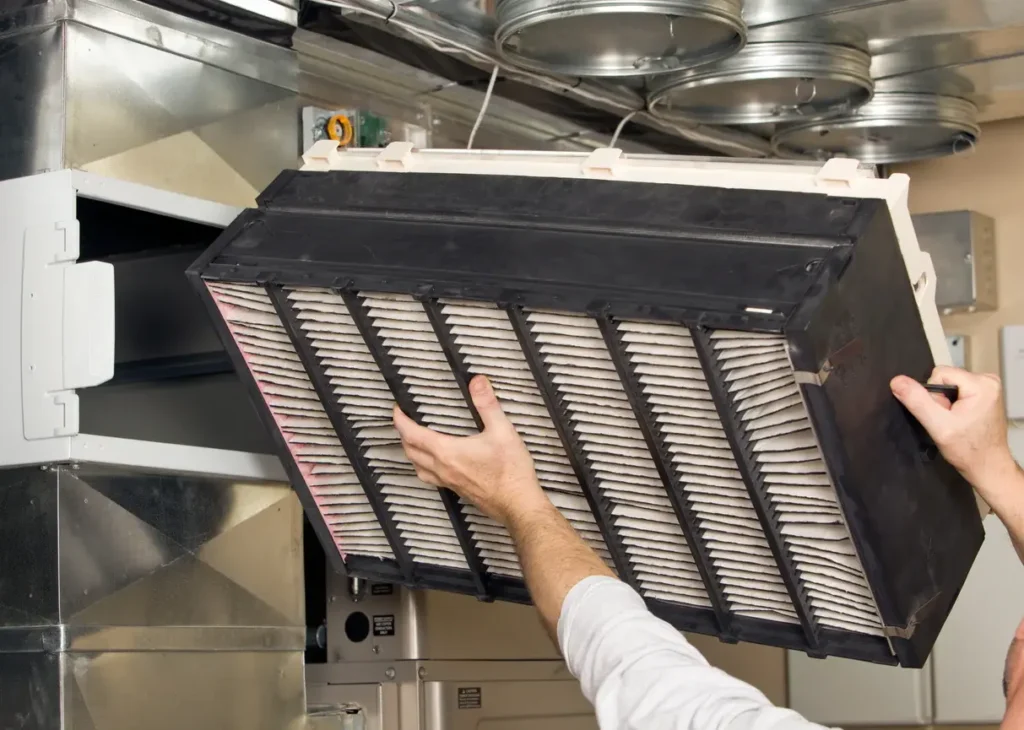
In this guide, we’ll explore the best air purifier for hvac system, helping you make an informed decision to enhance your indoor air quality.
Content
Understanding Air Purifier Technologies
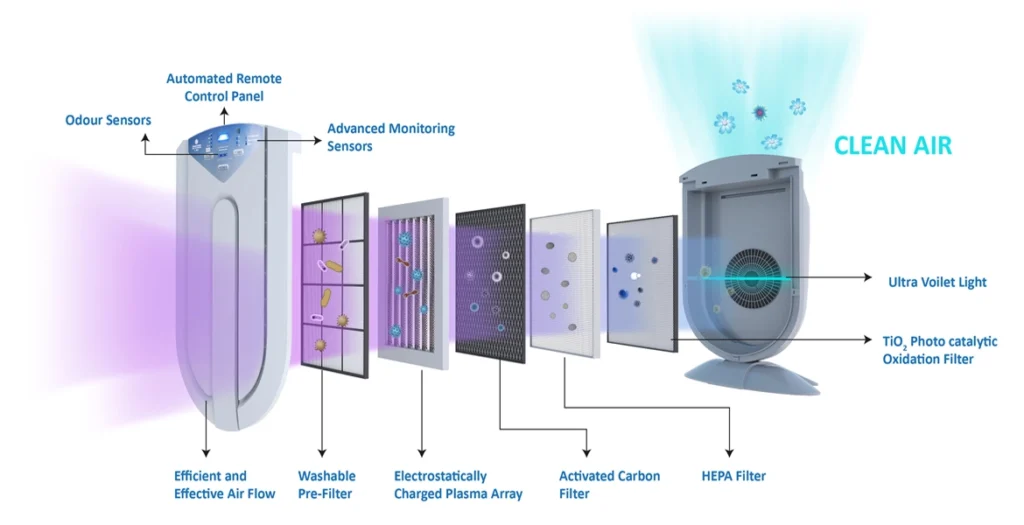
Types of Air Purifiers Compatible with HVAC Systems
When considering an best air purifier for hvac system integration, it’s essential to understand the different technologies available:
- HEPA Filters: High-Efficiency Particulate Air (HEPA) filters are renowned for their ability to capture 99.97% of airborne particles, including dust, pollen, and pet dander. They are highly effective in improving air quality.
- Activated Carbon Filters: These filters are designed to remove odors, chemicals, and volatile organic compounds (VOCs) from the air. They are often used in conjunction with HEPA filters for comprehensive air purification.
- UV-C Light Purifiers: Ultraviolet germicidal irradiation (UVGI) uses UV-C light to kill or inactivate microorganisms like bacteria and viruses. This technology is particularly useful in preventing the spread of airborne diseases.
- Ionizers and Electrostatic Precipitators: These devices release charged particles into the air that attach to pollutants, causing them to be captured by filters or precipitated onto a collection plate. They are effective in reducing fine particles and allergens.
How Each Technology Works
Each air purifier technology works differently to remove contaminants from the air. HEPA filters physically trap particles, while activated carbon absorbs gases and odors. UV-C light disrupts the DNA of microorganisms, rendering them harmless, and ionizers use electrical charges to remove pollutants.
Assessing Efficiency and Performance
Efficiency is key when choosing an best air purifier for hvac system. Look for products with high MERV (Minimum Efficiency Reporting Value) ratings, which indicate how well the filter can capture small particles. Additionally, consider the energy consumption of each unit to ensure it won’t significantly increase your utility bills.
Factors to Consider When Choosing an best air purifier for hvac system
Compatibility with Existing HVAC System
Before purchasing an air purifier, ensure its compatible with your existing HVAC air filtration system. Consider the size of your ductwork and the capacity of your HVAC unit. Some air purifiers may require professional installation or additional modifications to your system.
Air Quality Needs and Concerns
Your specific air quality needs will influence your choice of best air purifier for hvac system. If you have allergies, asthma, or are concerned about pet dander, a HEPA filter may be the best option. For homes with smokers or chemical sensitivities, activated carbon filters can effectively remove odors and VOCs.
Maintenance and Filter Replacement
Regular maintenance is necessary to keep your air purifier functioning optimally. This includes replacing filters as recommended by the manufacturer. Consider the cost and availability of replacement filters when choosing a unit, as this will impact long-term maintenance expenses.
Installation and Integration Process
The installation process varies depending on the type of air purifier. Some models are designed for DIY installation, while others require professional help. Consider the complexity of integration and whether you’re comfortable handling it yourself or prefer to hire an HVAC specialist.
Top Air Purifiers for HVAC System Integration
Overview of Top-Rated Models
When it comes to integrating the best air purifier for hvac system, certain models stand out for their performance and reliability. Some top-rated models include the Aprils 5000, Honeywell F300, and the Lennox Pure Air S. These units are known for their advanced filtration capabilities and ease of integration with existing HVAC air filtration systems.
Key Features and Benefits
- Aprilaire 5000: This model offers a combination of electrostatic and HEPA filtration, making it highly effective at removing a wide range of pollutants. It also features a digital control panel for easy operation.
- Honeywell F300: The F300 uses an electrostatic precipitator to capture airborne particles and has a high MERV rating. It’s a great option for those seeking a high-efficiency air purifier for HVAC systems.
- Lennox Pure Air S: This unit combines a HEPA filter with an activated carbon filter and UV-C light, providing comprehensive air purification. It also integrates seamlessly with Lennox’s comfort thermostat system.
Customer Reviews and Feedback
User feedback is invaluable when choosing the best air cleaner for central HVAC system integration. Many users praise these models for their ability to significantly improve air quality and reduce allergy symptoms. Common complaints often relate to the initial cost and the need for regular maintenance, but the long-term benefits often outweigh these concerns.
Cost Considerations
Initial Investment and Long-Term Value
The initial cost of an air purifier for whole house air purifier for HVAC system integration can range from a few hundred to several thousand dollars, depending on the model and features. While the upfront investment may seem high, the long-term value of improved air quality and reduced health issues is significant.
Energy Efficiency and Operational Costs
Energy efficiency is a critical consideration, as an inefficient unit can lead to higher energy bills. Look for models with Energy Star ratings or those specifically designed for low energy consumption. Operational costs also include filter replacements, which should be factored into your budget.
Maintenance Costs
Maintenance costs will vary depending on the type of filters used and how often they need to be replaced. HEPA and activated carbon filters typically require replacement every 6 to 12 months, while UV-C lights may need replacement every year. Regular maintenance is essential to keep the system running efficiently and to avoid costly repairs.
DIY vs. Professional Installation
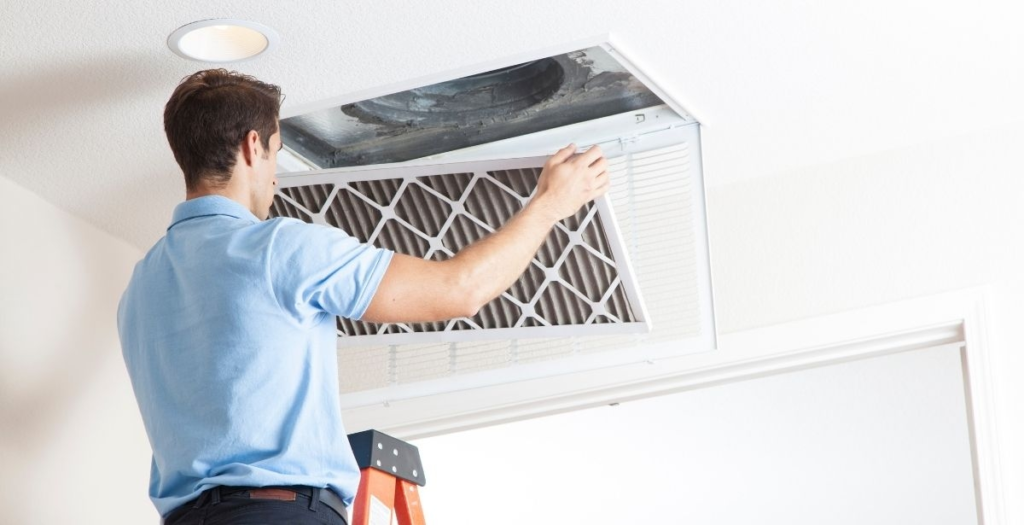
Pros and Cons of DIY Installation
Installing an air purifier yourself can save money, but it’s essential to ensure the unit is installed correctly to avoid compromising its effectiveness. DIY installation is generally easier for smaller, portable units or basic models that don’t require extensive ductwork modifications.
Benefits of Professional Installation
Professional installation ensures that the air purifier is correctly integrated into your integrated air purifier for HVAC systems, maximizing its efficiency and longevity. Professionals can also provide valuable advice on selecting the right unit and maintaining it over time.
How to Choose the Right Installer
When choosing a professional installer, look for someone with experience in HVAC systems and air purification. Ask for references, read reviews, and ensure they are licensed and insured. A reliable installer will provide a warranty on their work and be available for future maintenance and support.
Maximizing the Benefits of Your HVAC Air Purifier
Regular Maintenance and Monitoring
To maximize the benefits of your best air purifier for hvac system, regular maintenance is crucial. This includes checking and replacing filters, cleaning the unit, and monitoring air quality levels. Regular maintenance will help keep your system running efficiently and extend its lifespan.
Optimizing Airflow and Circulation
Proper airflow and circulation are essential for effective air purification. Ensure that your HVAC system is well-maintained and that vents and ducts are clean and unobstructed. Consider using additional devices like fans or dehumidifiers to enhance airflow and improve air quality.
Integrating with Smart Home Systems
Many modern the best air purifier for hvac system can be integrated with smart home systems, allowing you to monitor and control air quality remotely. Smart thermostats and air quality monitors can help optimize the performance of your HVAC system and air purifier, ensuring that your indoor environment remains healthy and comfortable.
Conclusion
Investing in the best air purifier for integrated air purifier for HVAC systems is a smart decision for anyone looking to improve their indoor air quality. By understanding the different technologies, considering compatibility with your existing system, and factoring in costs and maintenance, you can choose the right air purifier that meets your needs. With regular maintenance and proper installation, your HVAC-integrated air purifier will provide clean, healthy air for years to come.

Elena Mohr is a dedicated home blogger who has been blogging for over six years. She covers everything home related. Elena also loves writing posts about her travels to Europe with her husband and two children.
